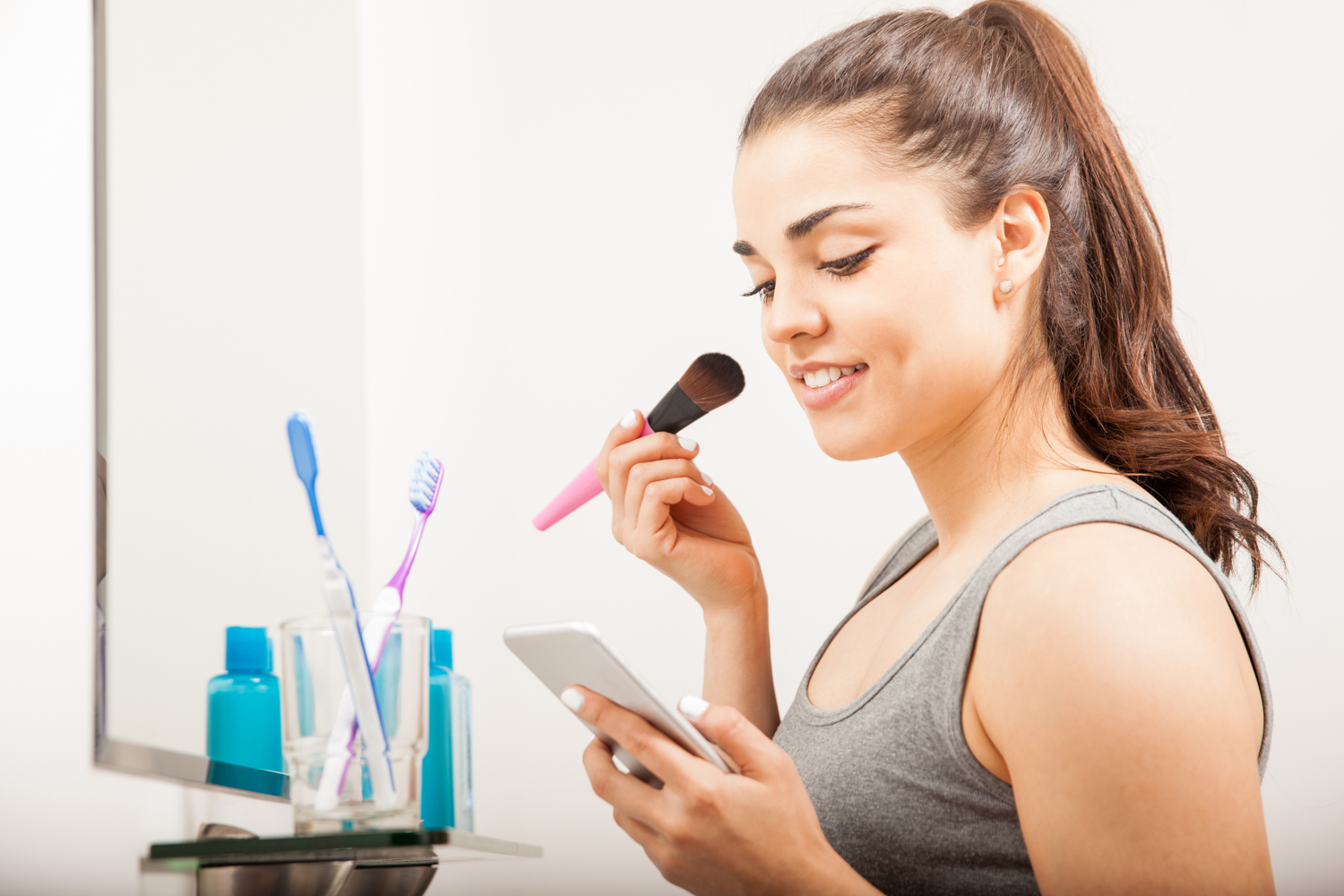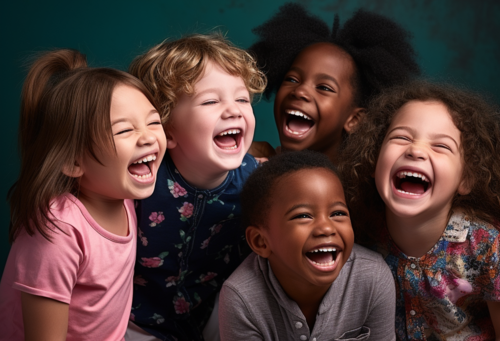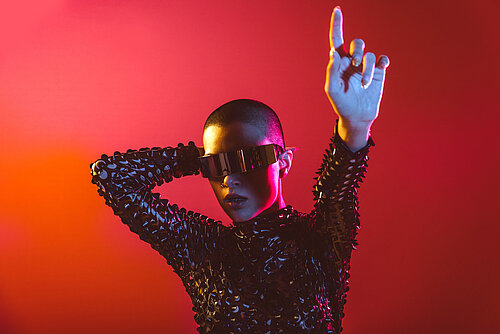
Lifestyle UK
Marketing
Blog
Virtual Makeup: Fad or Future?

Virtual makeup isn’t real makeup, it’s makeup that is applied virtually, and while this may seem strange to the uninitiated, it’s soaring in popularity. Big beauty brands like Charlotte Tilbury, Mac, and Maybelline are dipping their toes into immersive digital makeup experiences.
So far, this has taken the form of filters added to an Instagram or Snapchat selfie or as a colour match so customers can see how the real-life product might look. But the future is far more ambitious—tailored, fully shoppable, immersive digital experiences. Though according to Alison Campion, Director of Strategy and Operations Metaverse at Meta, these are still a few years off.
Still, virtual makeup is an increasingly creative and interesting product space. This is especially true as so much of our socialising has moved online—and from a snapchat story to a zoom meeting, a digital product (like an image-enhancing filter) has the potential to have as much actual impact as physical products like lipstick or mascara.
For example, L’Oréal has created a software that offers virtual cosmetics and makeup artist recommendations for augmented reality (AR) ‘looks’ that can be used across online video streaming services and image sharing platforms. Their software offers a custom-try on experience that feels personal and uses machine learning to log consumer needs, beauty routines, and desired looks, then analyse images of the user’s face before making recommendations on makeup. But even this is just the tip of the iceberg.
Digital make up artists like Ines Alpha are taking things further, creating intricate looks that don’t mimic real-world cosmetics. Instead, Alpha’s creations range from holographic veils to glowing masks that change with your facial expression. There is a shimmering, ethereal quality to her work—far beyond the standard instagram filter—that takes full advantage of working in the digital world, which isn’t held back by inconveniences like gravity. Similarly, Piper Zy is an augmented reality influencer and artist who creates everything from nail art to watches to glasses—all of which only exist digitally.
This expansion is going to cut into both the digital and physical worlds, and it has the potential to be a huge business. Recent research by Snapchat shows that 92% of Gen Z are interested in using AR for shopping, and over half of Gen Z said they’d be more likely to pay attention to an ad that incorporates AR.
This is in accord with research We Are Family conducted earlier this year that looked into the online/offline habits of Gen Z, and found that the line between virtual and real worlds is increasingly blurry. So while this iteration of virtual makeup might be a passing fad (like the snapchat/instagram puppy face filter of 2017), it’s likely that Augmented Reality will continue to grow and that the beauty industry will continue to capitalise on it.

